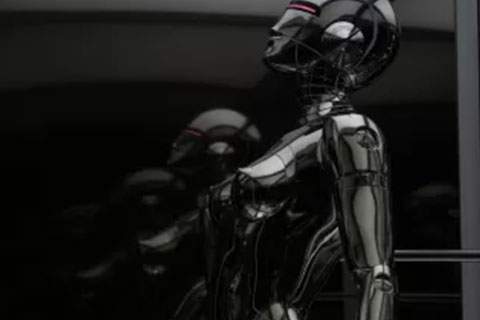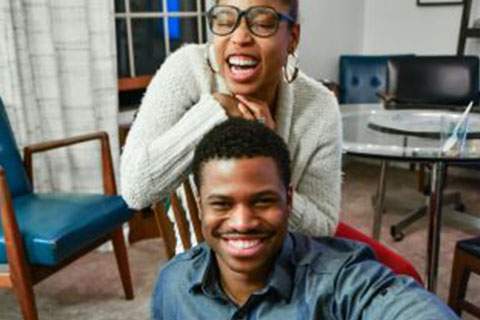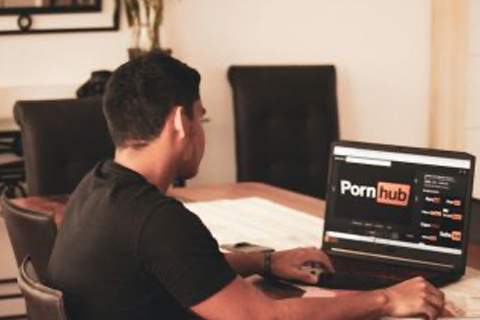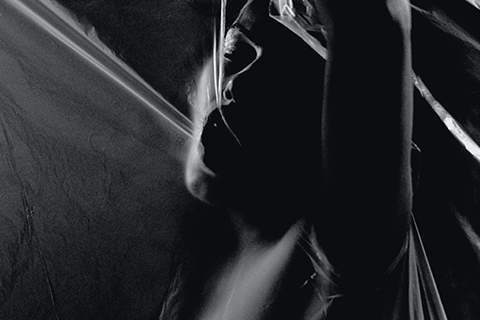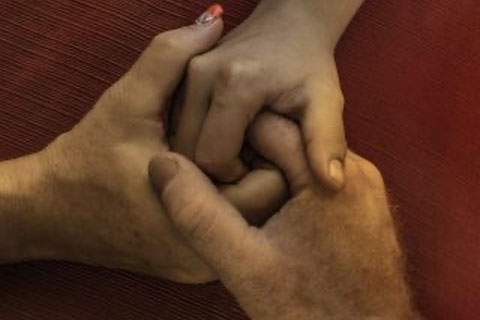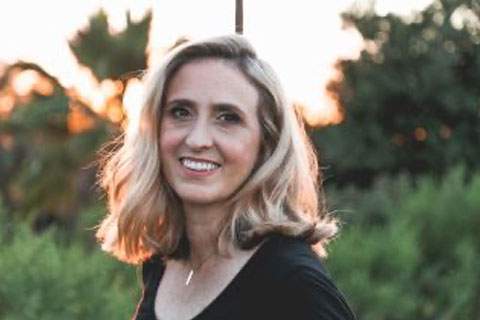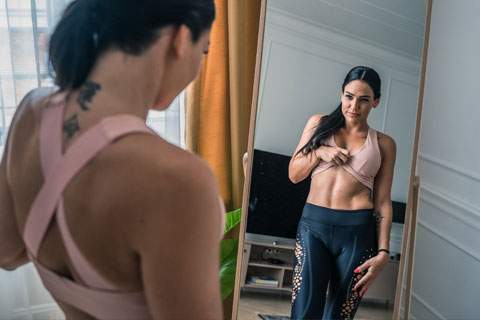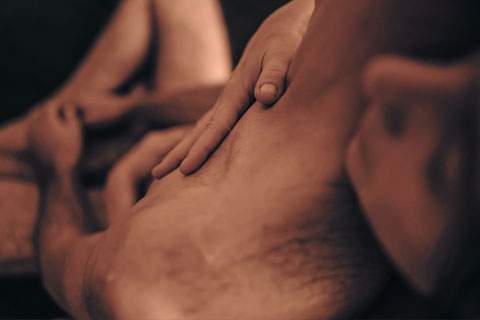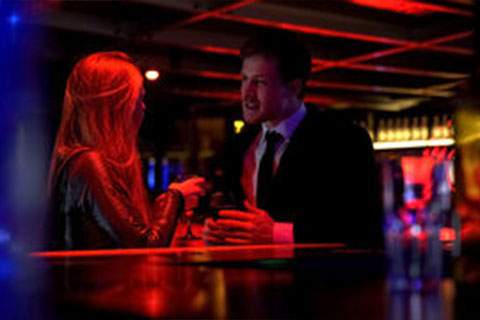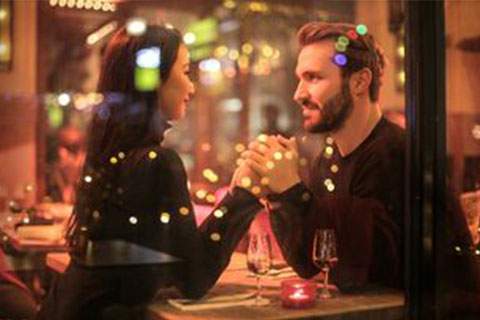How a UW professor is pushing the boundaries of a modern day sex education
Your first week in PSYCH 210, Diversity of Human Sexuality, you might know to expect. Rumors about watching porn in class (which happens around week five) zip around UW social circles but beyond that, most students go in blind. Around week two this quarter, professor Nicole McNichols proclaimed the class was going to watch a documentary that “she absolutely loves,” a 50-minute video on the G-spot (which is actually named after a man).
But McNichols’ bubbly attitude to all things sex is what makes her class what it is.
At 720 students, PSYCH 210 is the largest and most popular undergraduate course at the UW. Packed into Kane 130, it takes a lot for McNichols to stand up in front of that many students every day and talk about sex toys and fetishes.
McNichols has taught this class every quarter for the last five years and loves it.
Her students are an amalgamation of psychology majors, chasers of “easy 4.0s,” diversity credits, and a handful who admit to taking the class purely to get laid (a perfectly valid reason, in McNichols’ opinion).
She first started in the field of human sexuality as a TA for Lois McDermott, who taught the class for 30 years. Eventually, McDermott retired and McNichols was asked to take her place.
Her first quarter teaching, she was told she had gotten the job only two weeks before the quarter started. Thrown into the deep end, she didn’t have any time to prepare and taught the class using McDermott’s textbook, slides, assignments, and syllabus. While this matched a class structure she was familiar with, having been a TA for it in the past, it wasn’t right for her. She didn’t like the textbook and found herself disagreeing with the way things were represented.
“I can’t say my first quarter was really that successful,” McNichols said. “I had a textbook that, like most textbooks, was biased it categorized everything as ‘normal’ or ’gone awry.’”
So, she did what any person would do when they don’t like the textbook in front of them: she wrote her own. McNichols’ textbook is an interactive one. There are embedded videos about everything from female masturbation (complete with actual instructional videos) to episodes of Last Week Tonight with John Oliver explaining sex education.
Just like her textbook, McNichols’ syllabus and class structure began to change as well as she decided to incorporate more videos and speakers. Every quarter she holds a transgender panel where members of the community come to tell their stories and answer students’ questions. She also invites a speaker from Babeland (a sex toy shop in Capitol Hill) every quarter where they go over the basics of sex toys and also hold a raffle for free porn.
She made changes both big and small in her curriculum in an attempt to change how people viewed sex and gender. For example, she chose to teach female anatomy before male anatomy. It was a seemingly insignificant choice but one that contradicted most textbooks.
Universities across the country are slowly incorporating sexuality courses into their curriculums. Some of them are even teaching it with McNichols’ textbook, the most surprising of which, given the state’s current political situation, is the University of Georgia.
https://www.dailyuw.com/science/article_810cd95e-77a5-11e9-89ba-2f1aff05ea88.html



